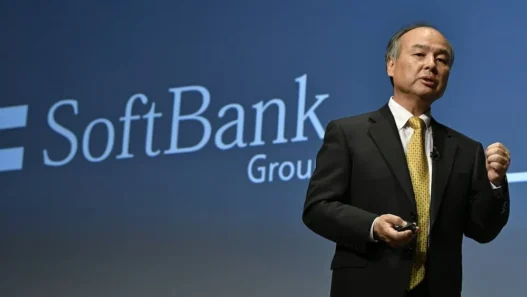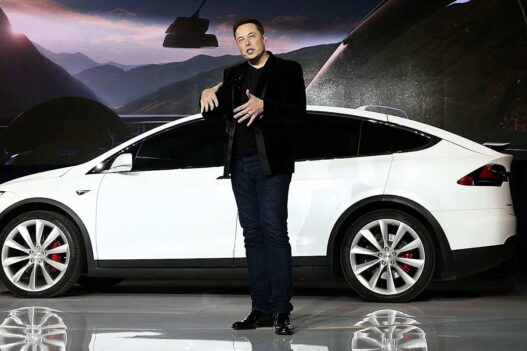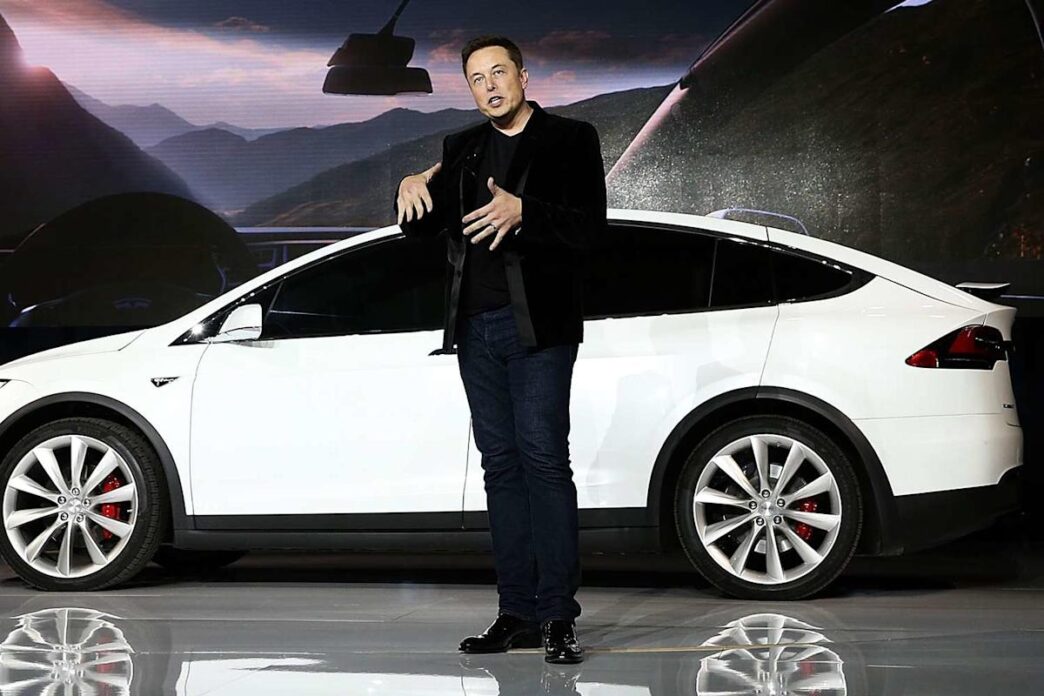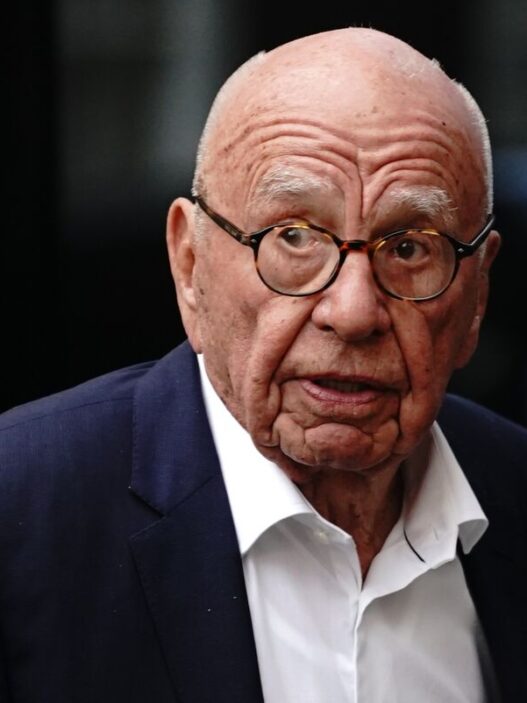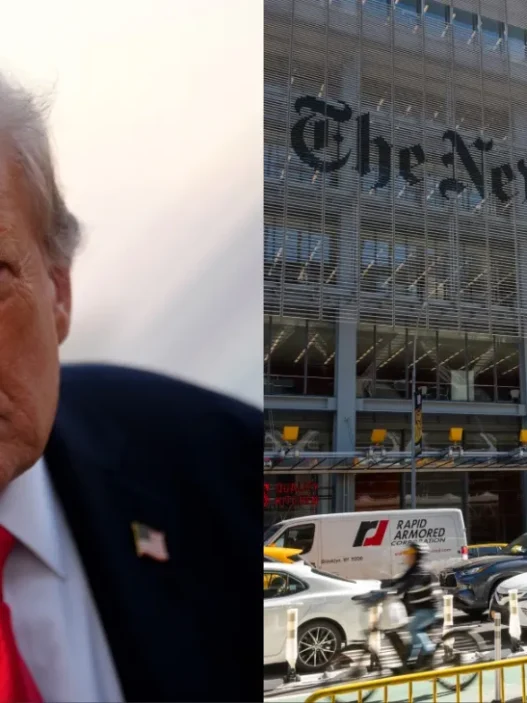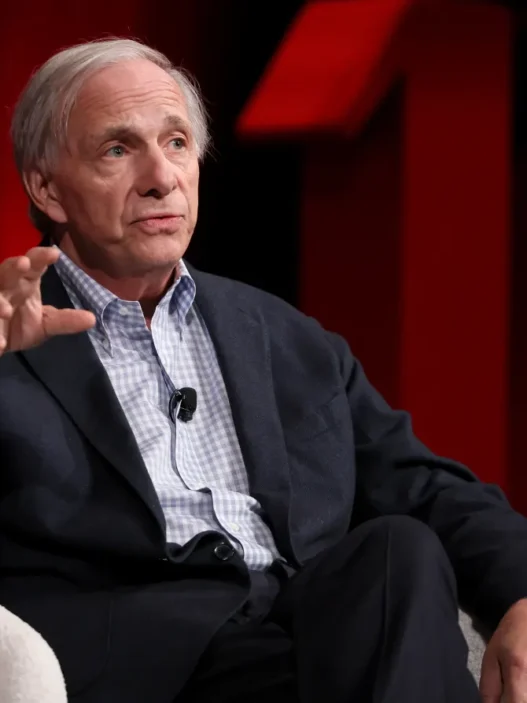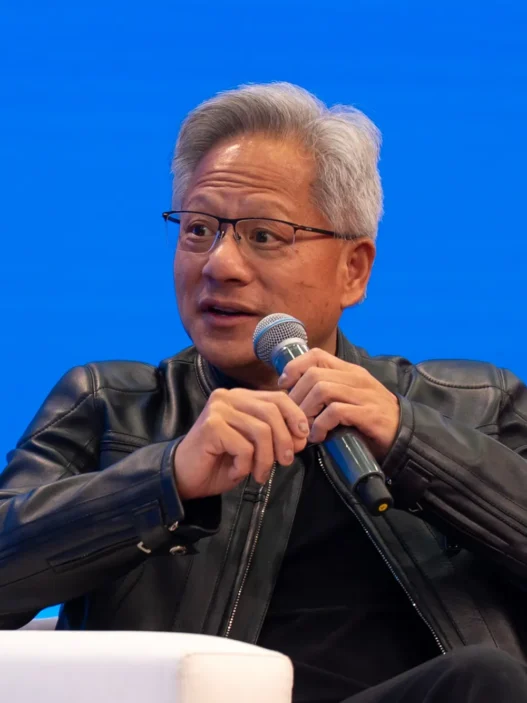As Tesla continues to dominate the electric vehicle market, one of its major investors is now urging the company’s board to confront an issue long considered the “elephant in the room”: the political activities and statements of CEO Elon Musk and their potential impact on the company’s brand, operations, and shareholder value.
Investor Concern Hits a Boiling Point
In a recent letter to Tesla’s board, the investor—representing a significant stake in the EV maker—called for greater transparency and oversight regarding Musk’s political engagements, social media commentary, and public endorsements. The investor argues that Musk’s high-profile positions, often divisive and polarizing, pose material risks to Tesla’s reputation and financial stability.
“Tesla has been a beacon of innovation and sustainability,” the investor noted. “But the company cannot ignore the consequences of its leader’s political entanglements. Shareholders deserve clarity on how these actions affect corporate strategy, market perception, and regulatory scrutiny.”
Musk’s Political Footprint
Elon Musk has been increasingly vocal on a range of political topics—from climate policy and energy legislation to U.S. domestic politics and international affairs. While some actions align with Tesla’s mission, such as promoting clean energy incentives, other statements and behaviors have sparked controversy. Critics warn that his public support for contentious policies or figures could jeopardize Tesla’s relationships with governments, investors, and customers.
Examples include:
- Social media posts that have drawn widespread media attention and regulatory commentary.
- Engagements with political figures that raise questions about corporate neutrality.
- Tweets and statements that have, at times, led to temporary dips in Tesla’s stock price.
The Board’s Dilemma
Tesla’s board faces a delicate balancing act. Musk is not only the public face of the company but also its visionary leader, credited with driving the EV revolution and securing Tesla’s position as a global powerhouse. Yet, investors worry that unchecked political activity could distract leadership, introduce reputational risk, or even influence regulatory decisions affecting Tesla’s business.
“The board must weigh Elon’s unique contributions against the potential downside of high-visibility political involvement,” said a corporate governance expert. “Investors are essentially asking: Can Tesla separate the man from the company without undermining his leadership?”
Market Implications
Financial analysts suggest that Musk’s political footprint could influence Tesla in several ways:
- Consumer Perception – Polarizing statements may alienate certain customer segments, particularly as Tesla expands into international markets.
- Regulatory Risk – U.S. and foreign regulators may scrutinize the company more closely if political ties appear to affect operations.
- Stock Volatility – Musk’s comments have historically triggered significant swings in Tesla’s share price, introducing additional uncertainty for investors.
A Broader Governance Debate
The investor’s letter taps into a larger conversation about corporate governance in the age of celebrity CEOs. Tesla is not alone—companies led by highly visible founders often grapple with balancing visionary leadership against reputational risk. The difference is that Tesla’s global prominence amplifies every statement Musk makes.
Some governance specialists recommend that Tesla formalize policies for CEO communications and political activity, ensuring that Musk’s personal views do not inadvertently affect corporate interests or shareholder confidence. Others argue that too much restriction could stifle innovation and leadership creativity.
The Road Ahead
Tesla’s board has yet to publicly respond, but the situation highlights the increasing pressures on high-profile companies to manage the intersection of leadership personality, corporate strategy, and public perception. Shareholders and analysts alike will be watching closely to see whether Tesla can navigate these challenges without compromising Musk’s visionary role—or the company’s market dominance.
For investors, the stakes are high: the company’s trajectory, stock valuation, and long-term brand could all hinge on how the board addresses the CEO’s political presence. As one shareholder put it, “Tesla’s future is too important to ignore the elephant in the room.”






